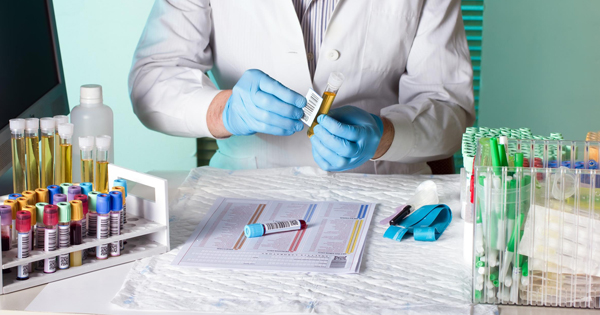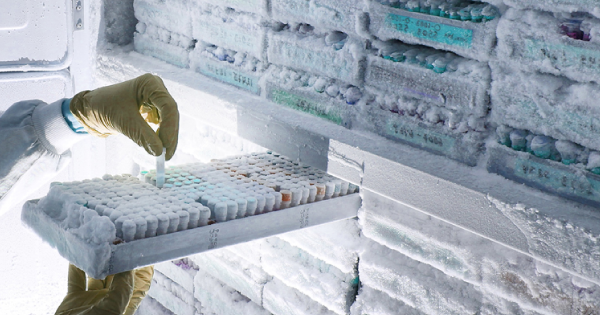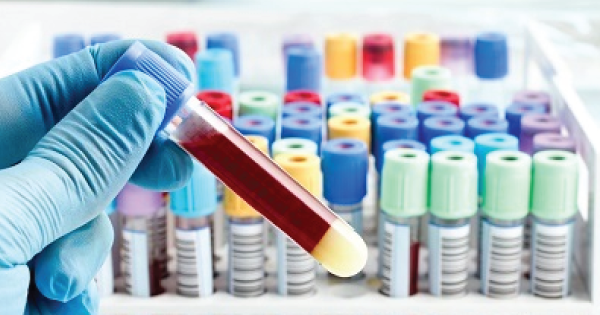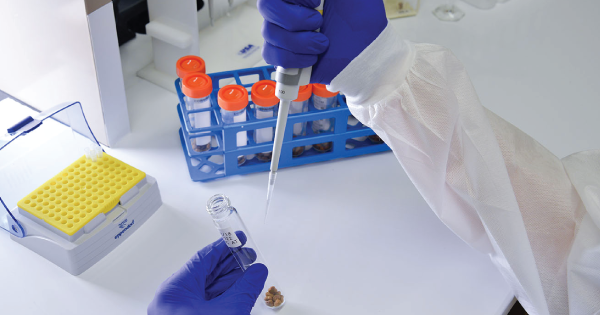LIMS Solutions for Biobanks, Cannabis, Food and Beverage, Clinical, Research & Testing Labs
FreeLIMS enables laboratories across disparate industries to replace the manual and paper-based laboratory data with a free cloud-based Laboratory Information Management System (LIMS). This aids them in reducing human errors, producing better data quality, decreasing the turnaround time and establishing impeccable laboratory operations.
FreeLIMS, a free Laboratory Information Management System (LIMS), is available for every laboratory in any industry wanting to automate workflows and streamline operations. It is configurable, so that it can be customized for each lab. It is hosted on the cloud, so that it can manage large data and can be accessed anytime, anywhere. It is reliable, secure, scalable and helps follow regulatory compliance.
A LIMS is a software platform designed to manage and track laboratory data and processes. It is a centralized database that helps laboratory personnel store, organize, and access their data. A LIMS provides a range of functions, including sample management, data management, result reporting, and workflow automation. Furthermore, a LIMS enables laboratories to meet regulatory requirements that vary from one industry to another. Check out What is a LIMS? blog to learn more.
A LIMS is used to manage laboratory data and digitize workflows including sample tracking, test assignment, data storage, and analysis reporting. It helps laboratories increase efficiency, accuracy, and compliance with regulations.
A LIMS offers many benefits to laboratory professionals. It helps laboratories manage large volumes of data, increase efficiency, reduce errors, improve compliance, and enhance collaboration. A LIMS also helps labs reduce costs and increase productivity.
LIMS pricing varies based on the vendor and the specific features, customization, modules, and instrument and software integration required. Some vendors offer LIMS solution as a cloud-based service, while others offer a perpetual license of the software against a one-time payment. It is essential to compare pricing, features, and support options before making a purchase.
Yes, LIMS is suitable for labs of all sizes, including small labs. A LIMS is designed to help labs manage their data, workflows, and operations, regardless of the size of the lab.
A LIMS can improve laboratory data management by providing a centralized system for tracking, managing, and sharing laboratory data, thereby bridging disparate data silos. It can automate workflows, minimize manual data entry errors, ensure data consistency, and enforce standard operating procedures. A LIMS can also improve data accessibility, and enhance data security and integrity. With a LIMS in place, laboratory managers can easily monitor laboratory processes, track the progress of experiments, and generate reports, providing a more efficient and effective method for laboratory data management.
A LIMS can help reduce laboratory errors by automating manual processes, minimizing data entry errors, and enforcing standard operating procedures. With a LIMS, laboratory staff can scan barcodes or use RFIDs to track samples, ensuring that the right samples are being tested, and that the results are correctly recorded. A LIMS can also flag any potential errors or discrepancies, such as out-of-specification results or missing data, and prompt laboratory staff to take corrective actions. Additionally, a LIMS can provide automated alerts and notifications, reducing the likelihood of errors due to missed deadlines or overlooked tasks.













